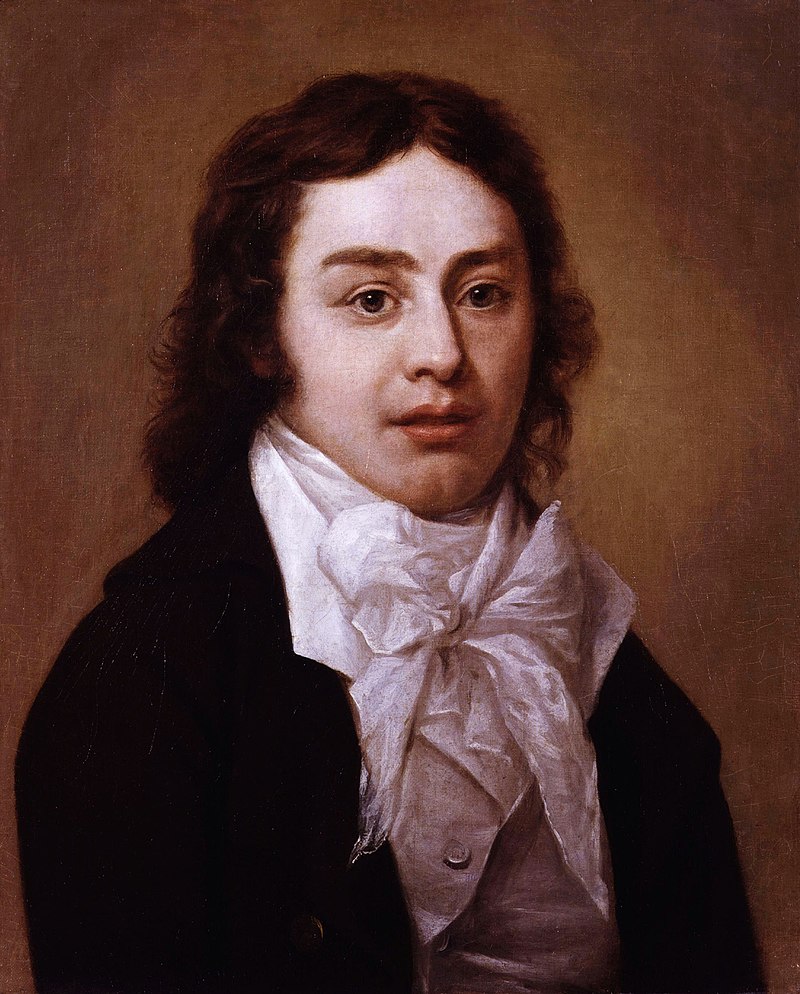 Samuel Taylor Coleridge, the famous British Romantic poet, once observed that imagination is how the self grapples with its perception. Put another way, imagination is how we give life to what we perceive.
Samuel Taylor Coleridge, the famous British Romantic poet, once observed that imagination is how the self grapples with its perception. Put another way, imagination is how we give life to what we perceive.Writing nearly two centuries later, modern neurobiologists conclude that imagination is the result of metaphoric processes which happen, often unconsciously, in our brains. It is the product of our innately metaphorical selves.
Writing from another angle, the early medieval theologian Augustine suggested that humans use analogy to understand the transcendent, in particular, the person of God. Confronted with the transcendent and infinite, people tend to think in terms of analogy. Their finite minds cannot directly grasp the nature of the infinite. So they resort to analogy and, by extension, the metaphor making ability of their imagination.
We may never "see" the transcendent in this existence. But we certainly sense that it is, in some shape or form, "there." We are creatures of an analogical imagination.
It might therefore be easier to imagine God than we think.
No comments:
Post a Comment